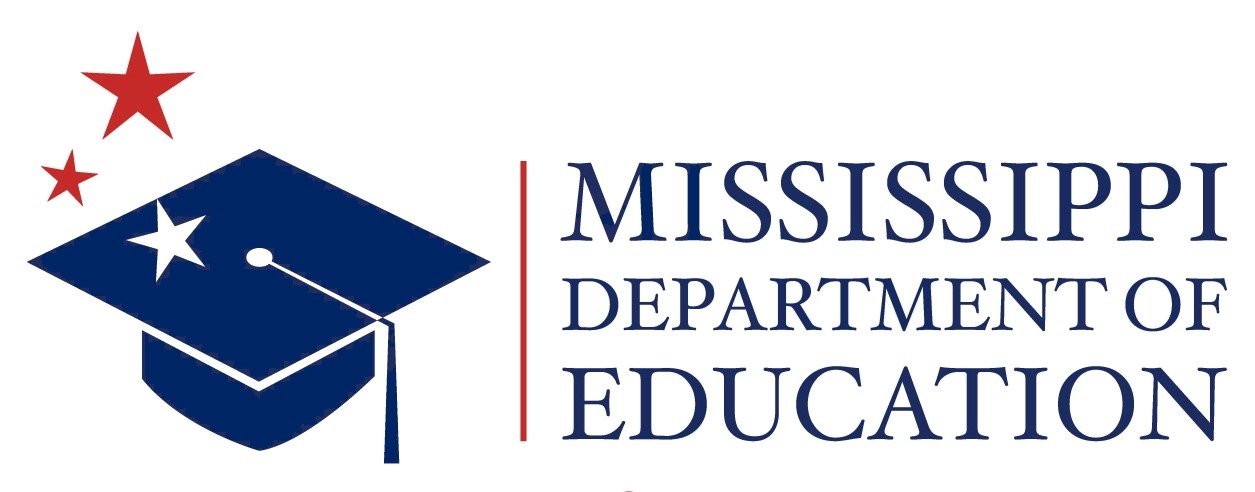December 17, 2015
JACKSON, Miss. – School- and district-level passing rates for the spring 2015 ACT for juniors and the fall 2015 Kindergarten Readiness Assessment are now available to the public. ACT results can be found here. Kindergarten Readiness Assessment Results can be found here. Results by school and district are presented as percentages in order to protect student privacy.
The Mississippi Department of Education released preliminary results in September for the first statewide administration of the ACT for all high school juniors, revealing an average composite score of 17.6.
The ACT is designed to measure the skills high school teachers teach and what instructors of entry-level college courses expect. The Mississippi Legislature appropriated $1.3 million for all juniors to take the college entrance exam during the 2014-2015 school year. ACT is a predictive measure that indicates how well a student may perform in a college-level course. It is not a measure of content knowledge.
The ACT tests students in four core areas – English, math, reading and science. Results are used to determine college readiness benchmark scores. A benchmark score is the minimum score needed on an ACT subject-area test to indicate a 50 percent chance of obtaining a B or higher or about a 75 percent chance of obtaining a C or higher in the corresponding credit-bearing college courses, which include English Composition, Algebra, Social Science and Biology.
The results show that 41 percent of juniors met the benchmark score in English as compared to 16 percent meeting the science benchmark score. Overall, only 9 percent of juniors met all four college readiness benchmark scores.
“With this first-year administration of the ACT to all juniors, we now have a baseline for measuring student progress over time,” said Dr. Carey Wright, state superintendent of education. “These ACT results also provide schools with an analysis about course completion patterns linked to ACT performance and help them make programming decisions for their students’ senior year.”
Students who scored just below the benchmark score are eligible to take Southern Regional Education Board (SREB) college preparatory courses during their senior year to exempt them from remedial classes in college and allowing them to enter credit-bearing courses.
The fall 2015 Kindergarten Readiness Assessment results also show the need for improvement, revealing that two out of every three kindergarteners continue to enter school unprepared to learn.
“Once again, this year’s results underscore the need to increase access to high-quality early childhood education for children throughout the state,” Wright said. “High-quality early childhood education makes a tremendous impact on children’s social, emotional and academic growth and gives them a strong start to success in school and life.”
Approximately 38,000 Kindergarteners throughout the state took the STAR Early Literacy exam during the first month of the 2015-2016 school year. Close to 64 percent of students scored below the 530 benchmark score that indicates a student has mastered at least 70 percent of early reading skills. The state average score was 502.
The assessment evaluates skills such as the ability to recognize letters and match letters to their sounds and a student’s recognition that print flows from left to right. The exam produces reports for parents and teachers that detail each child’s early reading skills. Teacher reports also include diagnostic information and instructional plans for every student.
Research from a four-year study show that 84 percent of students at the beginning of Kindergarten with a score of 530 or above on the STAR Early Literacy exam are on track to become proficient readers by the end of 3rd grade.
Though the fall 2015 results show most students continue to enter kindergarten unprepared, the percent of students scoring above the readiness benchmark increased slightly from 34.6 percent in fall 2014 to 36.1 percent in fall 2015.
Kindergartners statewide will take a post-test in spring 2016 to evaluate their progress. The spring 2015 Kindergarten Readiness post-test showed the percent of students scoring below the readiness benchmark dropped to 9 percent.
Assessment Results by District and School:
Spring 2015 Statewide ACT for Juniors: http://reports.mde.k12.ms.us/report1/r2014-15.aspx
Fall 2015 Kindergarten Readiness Assessment: http://reports.mde.k12.ms.us/report1/r2015-16.aspx
Media Contact:
Patrice Guilfoyle, APR
Director of Communications
601-359-3706
Jean Cook, APR
Communications Specialist
601-359-3519



